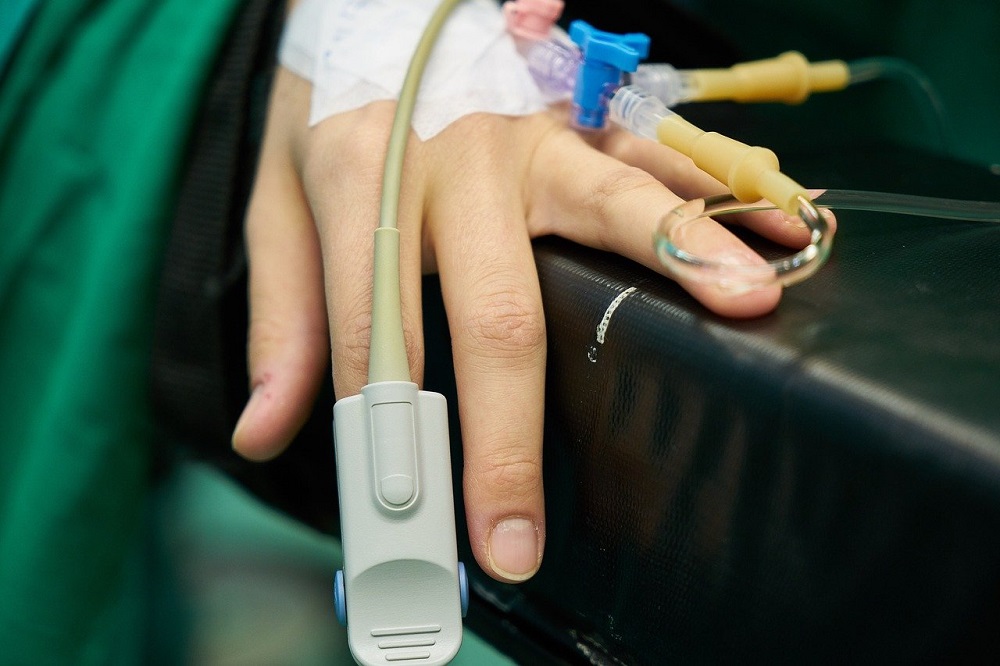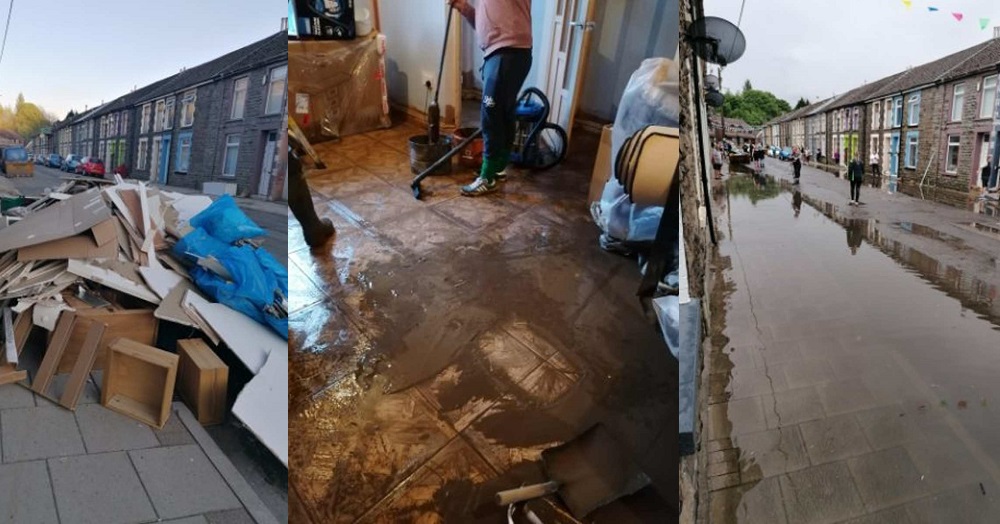News in brief: Report confirms Wales currently has the lowest Covid infection rate in the UK

Latest figures released by the Office for National Statistics confirm Wales currently has the lowest Covid infection rate of all the UK nations but the study also warns the rate of decrease appears to have slowed over latest week.
In the week ending 13 March, the ONS estimates that 7,000 people in Wales had Covid-19 equating to around 1 in 430 people.
Scotland had the highest case rate over the week, with 19,300 people infected, around 1 in 275 people. In Northern Ireland 5,800 people had Covid, around 1 in 315 people and In England 160,200 were estimated to have the virus, 1 in 340 people.
The previous week’s figures for the week ending 6 March estimated that 8,300 people in Wales had coronavirus, about 1 in 365 people.
The positivity rate calculated by the ONS is the percentage of people who have tested positive for SARS-CoV-2, with or without having symptoms, on a swab taken from the nose and throat.
Meanwhile, Public Health Wales has confirmed nine more people have died due to coronavirus and 201 people have tested positive for the virus since yesterday’s report.
Six of the newly recorded deaths were in Betsi Cadwaladr’s heath board area. Cardiff and Vale, Cwm Taf Morgannwg and Powys health board areas all recorded one further death.
Merthyr Tydfil still has the highest weekly case rate in Wales but there has been a slight fall in the last 24 hours from 159.1 per 100,000 people to 147.5.
Anglesey is the council area with the second highest rate at 127.1, the same as yesterday but the weekly positive test proportion has dropped from 11.9% per 100,000 tests to 11.6” since yesterday’s report.
The weekly case rate across Wales has increased from 43.3 yesterday to 43.7, while the positive test proportion across the country remains 3.9%.
Since the start of the mass vaccination programme on 8 December 1,204,101 people have received a first dose of vaccine and 318,976 have had both jabs.
Dr Robin Howe, Incident Director for the Covid-19 outbreak response at Public Health Wales, said: “As the weekend approaches, we would like to encourage the public in Wales to enjoy sporting events, such as the Six Nations, with our own households and not meeting others.
“While the level of infection across Wales has declined in recent weeks, there are still several areas which have substantially higher rates.
“It is vitally important that we don’t squander the substantial gains that have been made, and therefore I would like to send a clear message to everyone that Coronavirus hasn’t gone away and there are still a large number of people who have not been vaccinated. In order to protect everyone, including the most vulnerable, everyone must stick to the rules.
“Welsh Government restrictions state that you should not go into any other household or mix with other people who you don’t live with.”

Calls for transparency over use of ‘do not resuscitate’ notices in Wales
The Welsh Conservatives are calling for transparency and honesty over the use of Do not Resuscitate notices in Wales.
A report by England’s care regulator confirmed yesterday that blanket Do not Resuscitate orders were introduced in some care homes at the start of the Covid pandemic.
The Care Quality Commission in England also carried out an urgent investigation last year, following concerns at the use of the orders for people with learning disabilities during the first wave of the Covid pandemic and concluded that inappropriate use of the notices had caused potentially avoidable deaths.
Mencap in England also reported in January that people with learning disabilities have been told they would not be resuscitated if they were taken ill with Covid-19.
“Welsh Conservatives have pressed for clarity over this issue in Wales – most recently over DNRs being applied for people with learning disabilities – and none has really been forthcoming from Welsh Government, Health Inspectorate Wales and the Care Inspectorate Wales,” the Conservative’s Shadow Minister for Health and Social Services, Angela Burns said.
“It’s now essential that we have transparency over this matter, which mean some difficult and uncomfortable questions will need to be asked, and answered, including how many DNR notices have been applied in Wales without consultation – and how many, if any, have been acted on.”
DNR orders are usually made for people who are too frail to benefit from CPR. Healthcare professionals say resuscitation is both invasive and traumatic with only a 15-20% survival rate when performed in hospitals and a 5-10% success rate when performed outside.

New funding for flood prevention schemes announced
The Welsh Government is to invest £36 million in flood and coastal risk management schemes across Wales over the next 12 months.
The capital funding is being provided to councils and Natural Resources Wales to help them invest in new flood defences, maintenance works and natural flood management schemes.
The new funding comes at the end of a Senedd term which has seen the Welsh Government spend more than £390 million in an attempt to combat the risk of flooding and coastal erosion.
The Flood and Coastal Erosion Risk Management (FCERM) Programme will see £17m given to Natural Resources Wales – more than £7m of which will cover core flood activities including maintenance and mapping projects – and £19m to Local Authorities.
Flood defence projects backed in the 2021/22 programme will help to reduce risk to communities in areas including Treorchy, Dyserth, Ammanford, Glynneath and Llansannan.
“Last year, we saw terrible scenes of flooding throughout Wales – with some communities affected on more than one occasion, “Lesley Griffiths, the Minister for Environment, Energy and Rural Affairs, said.
“The COVID-19 pandemic meant the impact of flooding was even harder to deal with than usual, and responding to floods became more difficult.
“As Wales looks to tackle the root causes of the climate emergency, we also have to deal with its effects, and help communities in responding to the increased likelihood of severe weather events. Sadly, ‘once in a lifetime’ flooding events are no longer once in a lifetime.”

Letters sent to clinically vulnerable advising of changes to shielding guidance
Letters are being sent out over the next couple of weeks to those currently shielding in Wales advising them that the government’s guidance will be changing from 31 March.
People who were deemed to be clinically extremely vulnerable to Covid-19 were advised that they should no longer attend work or school outside the home and should remain at home as much as possible when the current lockdown was introduced on 22 December.
Around 130,000 people in Wales were first advised to take shielding measures in March last year as the pandemic struck.
The new letter says Wales’ Chief Medical Officer has reviewed the advice and in light of the decline in the number of Covid cases in Wales over recent weeks people can return to work, if they cannot work from home, as long as their workplace is Covid-secure and children who have been following shielding measures can return to school when appropriate for their year group.
Announcing the changes last week, Health Minister Vaughan Gething said: “The shielding patient list will remain in place and available should we need to ask anyone to follow shielding measures again in future. It is my sincere hope that this will not be necessary.”

Support our Nation today
For the price of a cup of coffee a month you can help us create an independent, not-for-profit, national news service for the people of Wales, by the people of Wales.




